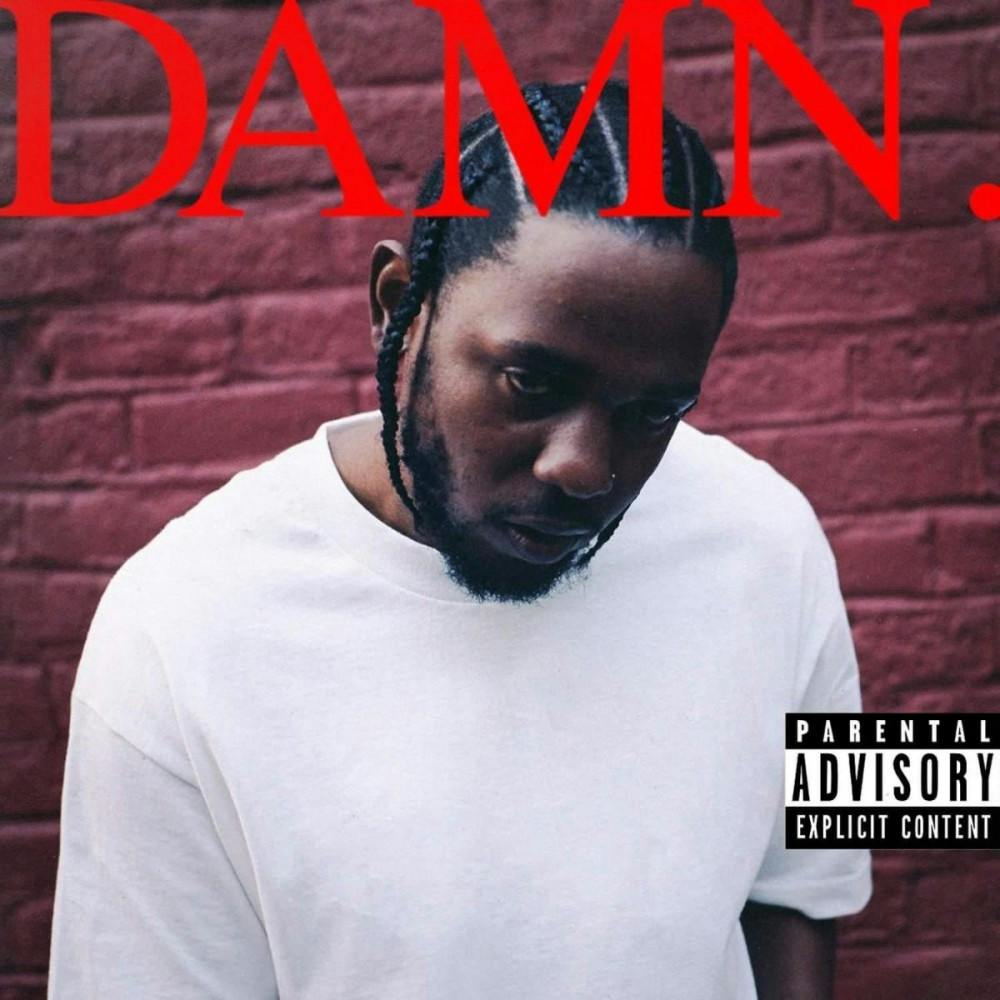Album: "DAMN"
Release Date: April 14
Label: Aftermath/Interscope (Top Dawg Entertainment)
Duration: 55 minutes
Grade: A
Kendrick Lamar paints a poetic picture with his new album "DAMN." by introducing a social commentary into his lyrics. His message throughout the album points out society’s flaws when it comes to protection of all people and offers insight into life growing up in an environment of violence and struggle.
Lamar seems to give at least some cultural commentary in each of his tracks, critiquing not only society’s racism, but also delving into the political realm. In the track "YAH.," Lamar sings, “Interviews wanna know my thoughts and opinions / Fox News wanna use my name for percentage.” This perhaps implies the irony that a news station asks for his perspective and intellectual insight but in actuality wants this information to simply increase ratings and make more money.
He also critiques ideas that contradict or deny the existence and prevalence of racism, such as the notion that rap has had more negative influence on the youth than racism. This is spoken of in a sound sample in the track "DNA."
In "YAH.," Lamar talks from the perspective of other African Americans he knows, saying things like, “I'm a Israelite, don't call me black no mo' / That word is only a color, it ain't facts no mo'.” This lyric in and of itself is perhaps representative of Lamar’s theme of racial illiteracy and its tangled intersection with religion, false news and the media.
A notable aspect of this album is the contrast between Lamar’s boastful confidence and the underlying subscript of his doubt and fear. Lamar states himself that he’s wondering if he's "livin' through fear or livin' through rap.” Despite all the confidence he exudes by rapping about his own success and telling others to be humble, he also mentions his self-doubt. In a way, this seems to reveal his rap lyrics that sound elitist and indifferent to haters are actually a guise to hide his lack of confidence in the world and his success in it.
It appears that the emotions conveyed throughout the album are a reaction to the present political situation and the results of all our personal values being thrust together in society — what the world looks like based on what we’re believing and doing now.
The track "LOYALTY.," which features Rihanna, notes the confusion that comes from interaction of our individual value systems today, begging the question, “Tell me who you loyal to.” Lamar seems to suggest that our values have become off-kilter, especially in our volatile political environment. This is exemplified by society’s conflict over race-laden issues, such as the tense conversations that follow tragedies like the recent shootings of African-Americans by police officers.
Lamar also vacillates between exuding confidence in himself and criticizing the idealisms of the world that often tries to tear down his fellow African-Americans as well as his music. The track "PRIDE." states suitably that, “Race barriers make inferior of you and I.” He seems to ponder the possibility of a perfect world and what life would look like if he could design one.
Lamar engages in a bit of verbal irony with his track titles, using opposing concepts for pairs of track titles such as "HUMBLE." and "PRIDE." The conceptual tone that he sets with each of his tracks' titles, which are all entirely capitalized and followed by a period, seems to be a form of abstract art, almost a free-flowing consciousness in which he reflects on what each of these concepts makes him feel and what they mean to him in the lyrics of each one.
Thought-provoking, experiential, inspiring and abstract, Lamar’s songs in "DAMN." go a step beyond typical trending rap tracks to leave the listener questioning what kind of world we’re in — and whether we want to keep it the way it is.

